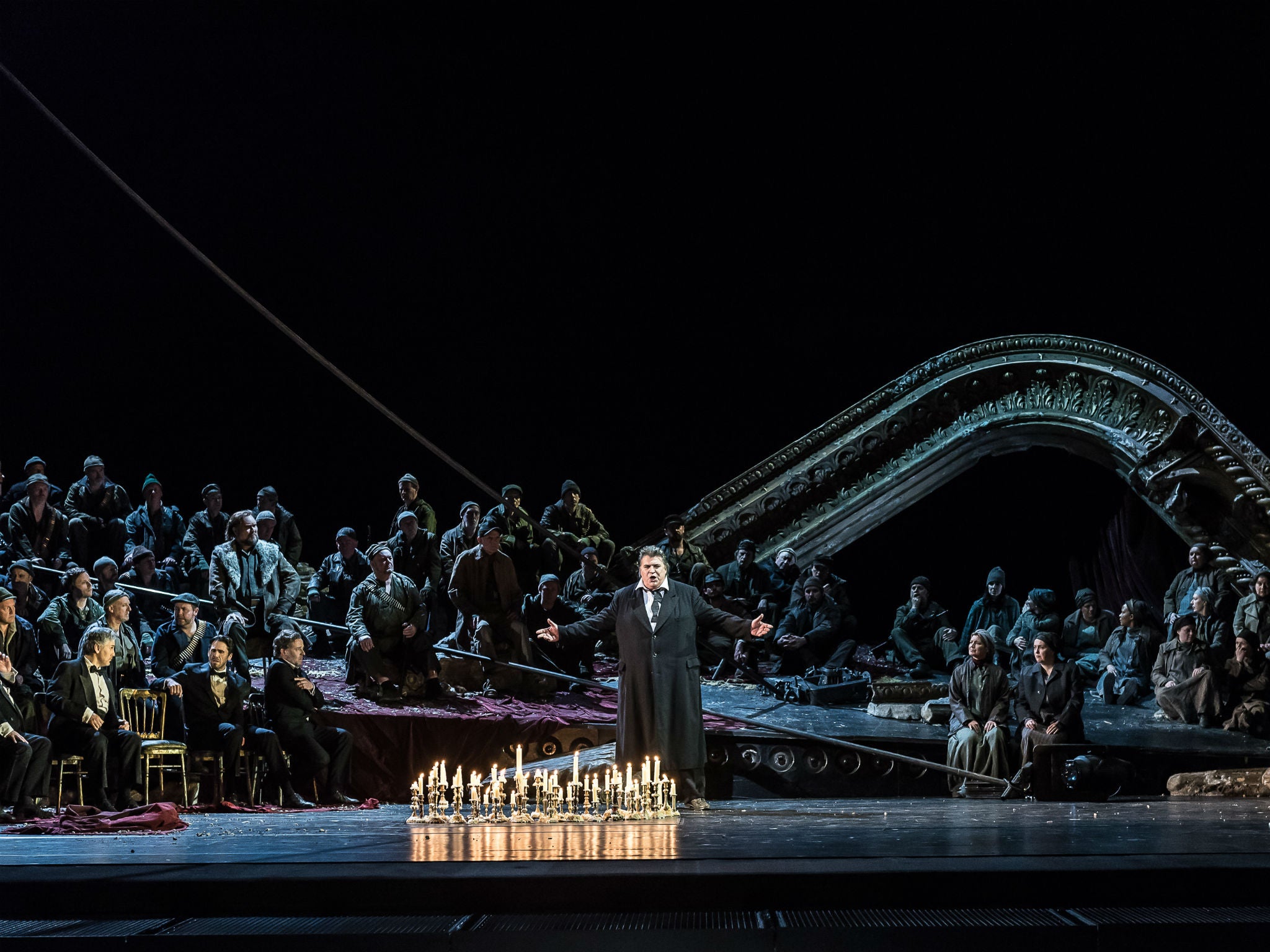Tannhäuser, Royal Opera House, review: 'Exquisitely-fashioned beauty'
Tim Albery’s production of Wagner's Tannhäuser fits well with modern times

Your support helps us to tell the story
From reproductive rights to climate change to Big Tech, The Independent is on the ground when the story is developing. Whether it's investigating the financials of Elon Musk's pro-Trump PAC or producing our latest documentary, 'The A Word', which shines a light on the American women fighting for reproductive rights, we know how important it is to parse out the facts from the messaging.
At such a critical moment in US history, we need reporters on the ground. Your donation allows us to keep sending journalists to speak to both sides of the story.
The Independent is trusted by Americans across the entire political spectrum. And unlike many other quality news outlets, we choose not to lock Americans out of our reporting and analysis with paywalls. We believe quality journalism should be available to everyone, paid for by those who can afford it.
Your support makes all the difference.Tannhäuser forsakes the fleshly delights of the Venusberg for a life of struggle and suffering on earth: Wagner’s medieval Christian allegory can be interpreted in many ways, but it chimes surprisingly neatly with one finding of contemporary neuroscience - to the effect that the unbridled pursuit of pleasure yields ever-diminishing pleasures in return. Tim Albery’s production makes two nods towards modernity – through an unexplained crowd of refugees herded by guards, and through that well-worn cliché of a theatre-within-a-theatre which progressively disintegrates – but for the most part it simply focuses on the words, and encourages us to savour the music without any conceptual overlay.
And in these terms our pleasure is not unalloyed, particularly with regard to Peter Seiffert in the title role. He’s an old hand, but his voice sounds strained and hard – sad, given that Sophie Koch makes such an effective foil as Venus. But the chorus is wonderful, the playing under Hartmut Haenchen’s direction has luminous purity, and three singers repeatedly steal the show. Stephen Milling’s Landgrave has noble force, and Emma Bell’s Elisabeth is commandingly expressive. Christian Gerhaher’s ravishingly-sung Wolfram justifies the cost of a ticket in itself: this great recitalist invests every aria he sings with the exquisitely-fashioned beauty of a Lied.
Join our commenting forum
Join thought-provoking conversations, follow other Independent readers and see their replies
Comments